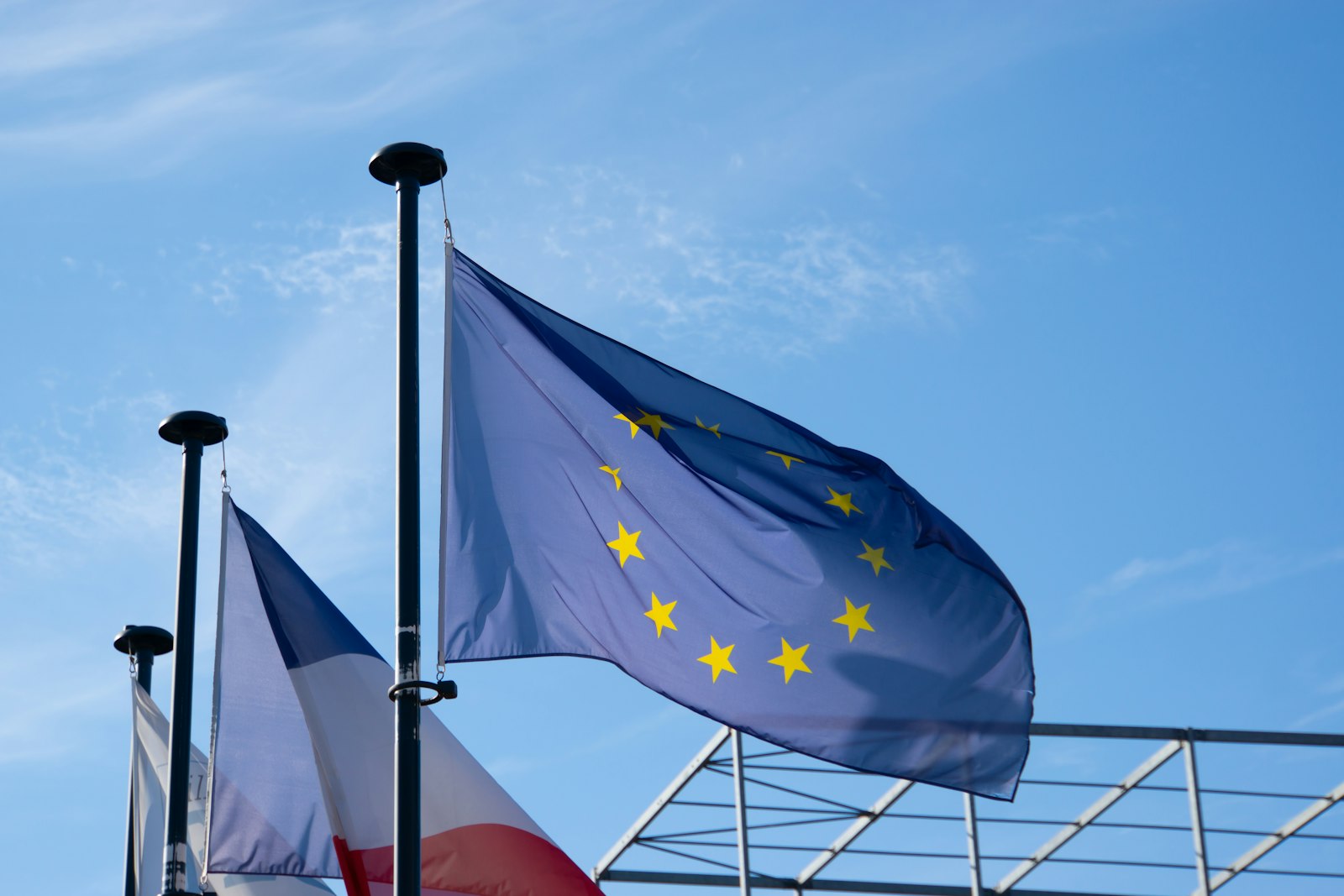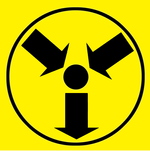Against the backdrop of Russia’s ongoing invasion of Ukraine, the United States and the European Union (EU) recently announced a series of steps to tighten transatlantic cooperation in key areas of technology and trade, including deeper information exchanges on exports of critical U.S. and EU technology, an early warning system to better predict and address potential semiconductor supply chain disruptions, and a new mechanism to enable information sharing on international standards development.
The announcements came at the second meeting of the joint Trade and Technology Council (TTC) in Paris. Also on the list was enhancing security in the digital world, building up cyber capacities by producing a globally reliable and secure Internet in line with the Declaration for the Future of the Internet—which Russia, alongside China and others, did not sign—and protecting small- and medium-sized enterprises (SMEs) against cyber threats.
The parties agreed to establish a Strategic Standardization Information (SSI) mechanism to promote the development of international technical standards that increase interoperability in AI and other emerging technologies, such as the Internet of Things (IoT), additive manufacturing, and recycling.
In a move that the EU characterized as an agreement that a “risk-based” approach to artificial intelligence enables the development of trustworthy AI, the parties also pledged to establish a joint roadmap on evaluation and measurement tools for AI.
“This cooperation goes beyond our reaction to the war,” said Margrethe Vestager, TTC co-chair and the European Commission’s (EC’s) Executive Vice President for a Europe fit for the Digital Age. “Together with our transatlantic partners, we can create a positive vision for our economies and for a democratic governance of the internet based on the dignity and integrity of the individual.”
Russia’s invasion was the focus of several other topics at the meeting, ranging from strengthening supply chains and reducing dependency on Russian energy to combating disinformation. To continue to deliver measures that target these areas, TTC's co-chairs committed to helping Ukraine rebuild its economy through trade and investment.
This commitment was made as Congress approved roughly $40 billion in additional military and humanitarian aid for Ukraine. On top of this assistance, the United States joins other G7 nations in agreeing to provide Ukraine with a total of $19.8 billion in economic aid.
“Russia’s war of aggression is causing global economic disruptions, impacting the security of global energy supply, food production and exports of food and agricultural commodities, as well as the functioning of global supply chains in general,” a G7 statement said.
With global supply chains hindered by Russian aggression, both the United States and the EU are looking to mitigate any supply disruptions. For example, both sides are developing together a monitoring mechanism for semiconductor value chains, increasing information exchange to avert a subsidy race.
“Having successfully worked with the United States on supply chain bottlenecks for vaccine ingredients, I am pleased to see a joint ambition to strengthen supply chain resilience in other areas, from raw materials to semiconductors,” said Thierry Breton, EC’s Commissioner for Internal Market. “The Paris summit is an important moment for the Trade and Technology Council to transform the transatlantic dialogue into concrete results.”
The United States and the EU are also addressing security risks from high-risk vendors and strengthening resilience across the digital and information and communications technology and services (ICTS) supply chain. The TTC has launched a task force on public financing to share information on ICTS projects in non-EU countries, promote the use of trusted and non-high-risk suppliers, and foster collaboration on the public financing of joint U.S.-EU ICTS projects.
TTC ministers are looking at how to improve food supply chains as well, addressing food security and any false narratives being spread about the matter outside of Europe.
They are not alone: G7 foreign ministers warned earlier this month that the war is "leading to steep price rises in commodity markets and the threats we are now seeing to global food security."
Ukraine cannot export grain and other agricultural products due to disruptions in the planting season and a reported prioritization of crops for domestic food use. This has led to increased reliance on other countries, such as India and Argentina.
But this conflict has caused a ripple effect: Both India and Argentina, among other countries, have imposed restrictions on food exports to ensure domestic food supply, according to a tracker on food export restrictions developed by the International Food Policy Research Institute (IFPRI). Though India has since announced “some relaxation” in their wheat export ban, concerns about global food insecurity and high global inflation remain.
To help boost trade and investment, the TTC is aiming to increase not only cooperation on government procurement and conformity assessment but also discussions surrounding possible new bilateral and multilateral trade barriers, especially those relating to countries outside the EU.
“I am delighted that at this second TTC meeting,” said Valdis Dombrovskis, EC’s Commissioner for Trade. “We have agreed to expand our cooperation with the US to address new and emerging global trade challenges, working as trusted partners. We will work closely to secure our supply chains and boost global food security.”
Dombrovskis says this applies to environmental issues too, as TTC ministers will also increase cooperation on green public procurement to boost green trade and promote sustainability.
The TTC further plans to develop greenhouse gas (GHG) assessment methodologies on carbon footprinting and electric vehicle charging infrastructure to "support energy autonomy" in the fight against climate change.
The United States and the EU first announced the establishment of the TTC at the U.S.-EU Summit in Brussels on June 15, 2021. The TTC’s inaugural meeting took place on September 29, 2021.






